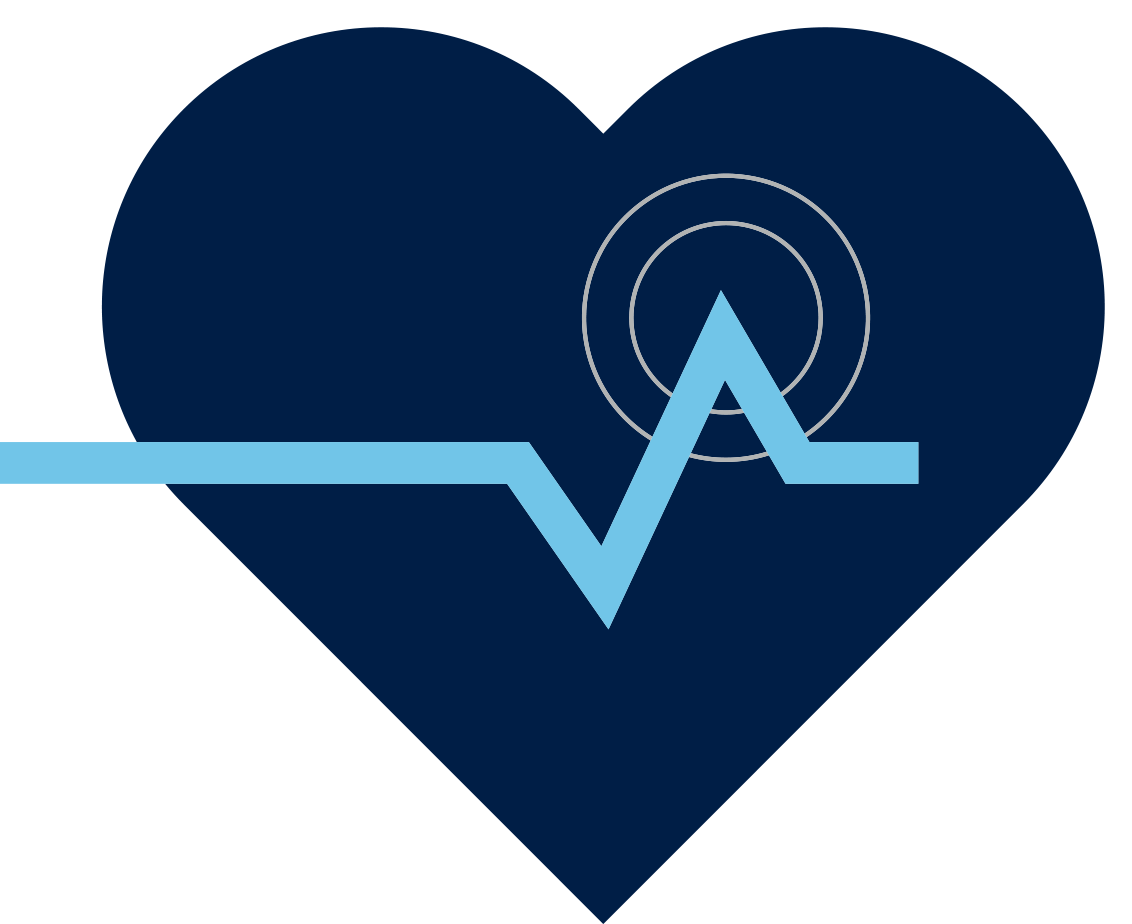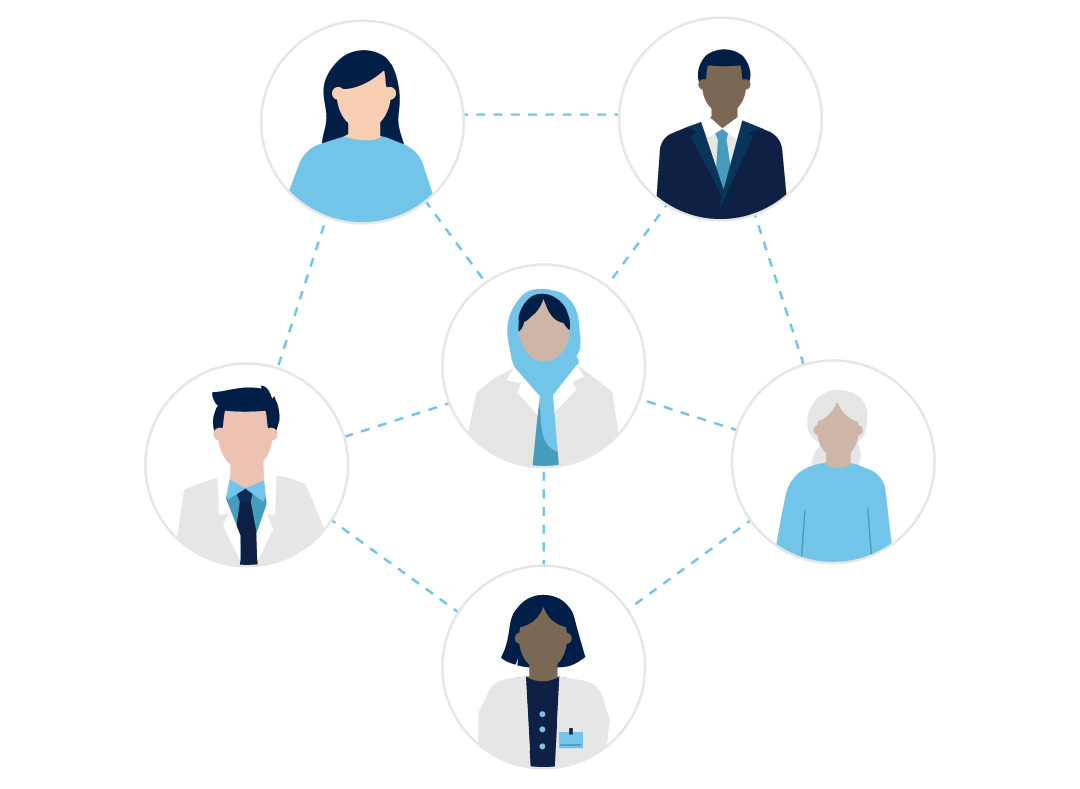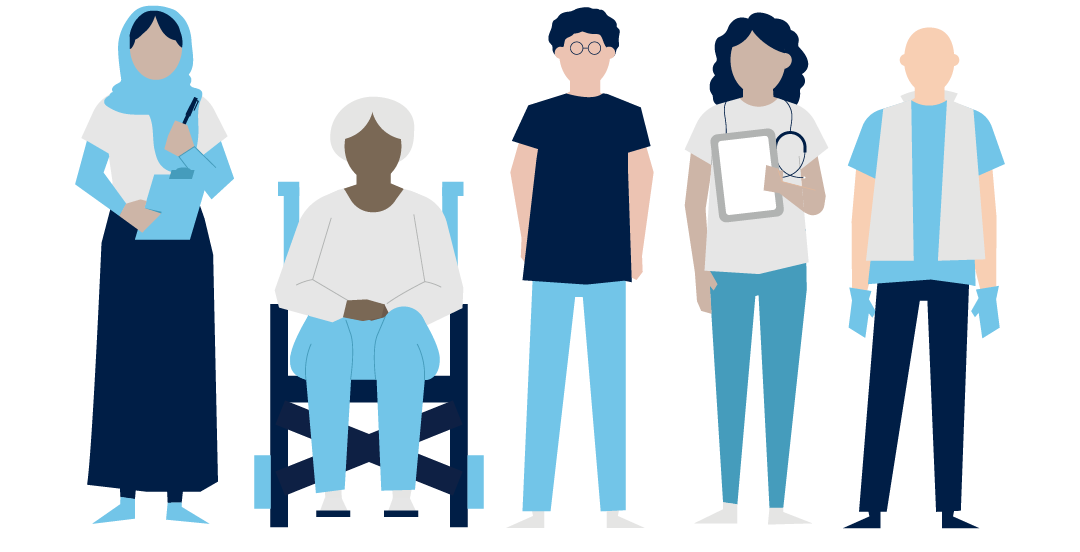
Stories
How smartphone-connected pacemaker provides family caregivers with peace of mind
App-connected medical devices can help patients, while cutting down visits during the pandemic
Though 87-year-old Helen McLean-Nethercott of St. Mary’s, Ont. has lived with a pacemaker for many years, the one she received recently has been the most helpful by far. Pacemakers of the past were limited in capability, but some newer devices have secure and encrypted Bluetooth connectivity, meaning they can connect to an app on a smartphone.
Helen’s daughter Margaret McLean is her main caregiver. “Mum [is] very independent and has lived on her own for the last eight years… and she has had many health issues,” McLean explains.
Between six children and some hired assistance, McLean says her mother’s needs have been met while remaining in her own home.
“Four of us live in the area … and so there’s typically one family member or another at mum’s house once or twice a day,” she explains, adding that the family is very careful about COVID-19.
Among McLean-Nethercott’s many health needs, the pacemaker is one of the most crucial. Recently, her doctors recommended that she have Medtronic’s Azure, an app-connected pacemaker, implanted.
“When they first mentioned the app to me at the pacemaker clinic, I said, like, ‘Why bother?’ To be honest, I don’t need [more apps] on my cell phone or one more email or one more anything,” McLean laughs.
But once the doctors explained the benefits of remote monitoring devices, including a closer follow-up and fewer healthcare visits, McLean and her mother were on board.
Azure is enabled with secure, encrypted BlueSync technology, allowing the patient’s data to be viewed on the smartphone app, where it’s transmitted to the doctors at the pacemaker clinic. This allows doctors the ability to monitor the patients’ conditions between visits.
While McLean-Nethercott doesn’t use a smartphone, that hasn’t stopped her family from benefiting from the app-connected pacemaker. McLean simply transmits her mother’s pacemaker data from her phone.
“I put the app on my phone, because I’m there at least every other day,” she explains.
Dr. Jaimie Manlucu, MD, is a cardiac electrophysiologist at London Health Sciences Centre, where she treats patients with heart rhythm problems. She is an expert in cardiac device therapy, and she is also McLean-Nethercott’s cardiologist.
Manlucu frequently recommends app-connected cardiac devices for her patients.
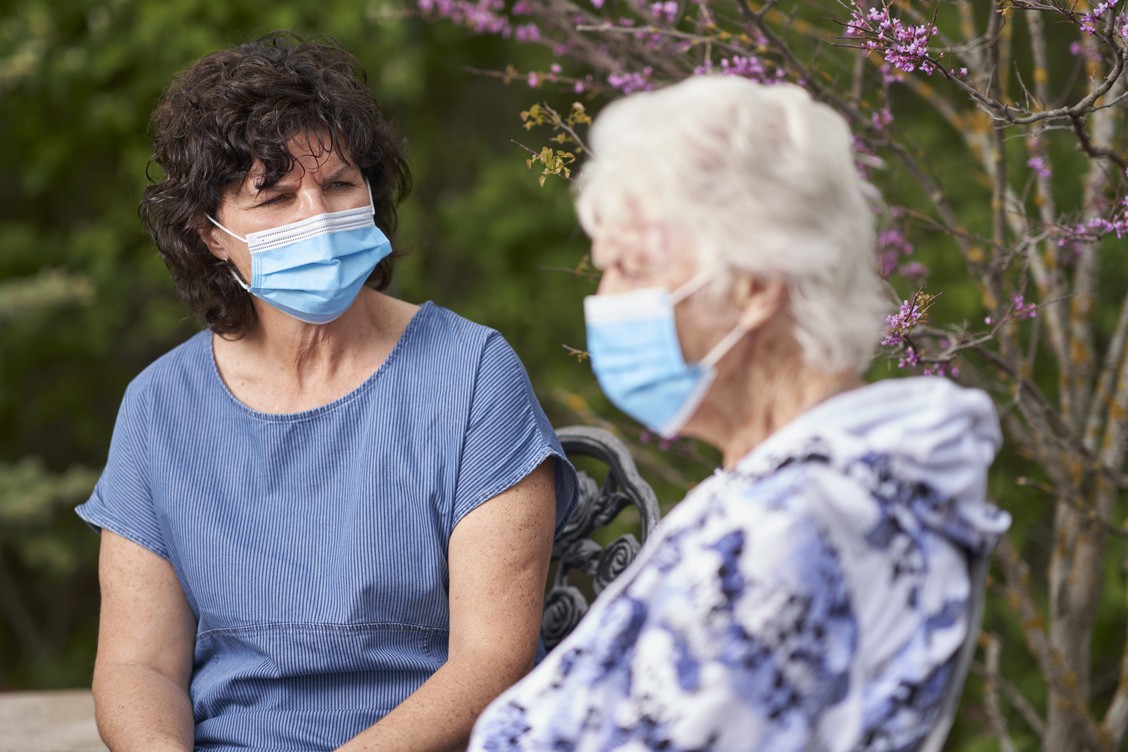
“[Before remote monitoring devices], patients would have had to come into the hospital in person at least twice as often,” she explains. “So it’s cut their visits in half.”
Manlucu has seen a lot of benefits to remote monitoring devices in patients who are older or more delicate.
“It’s the ones that are really sick and frail, that it really does help … They don’t need to get up and out of the house and to come and see us as much,” she explains. “We’re able to watch them more closely as well, because we can easily see their device data remotely.”
The app gives patients and families peace of mind, Manlucu says, and helps them be engaged in their care. They can also easily contact their cardiologist through the app to which the device is connected.
“The app gives them a quick line to us,” she explains.
For McLean, the peace of mind is invaluable. If there is any worry about one of her mother’s symptoms, she can transmit her data directly to the pacemaker clinic, where the doctors will review it.
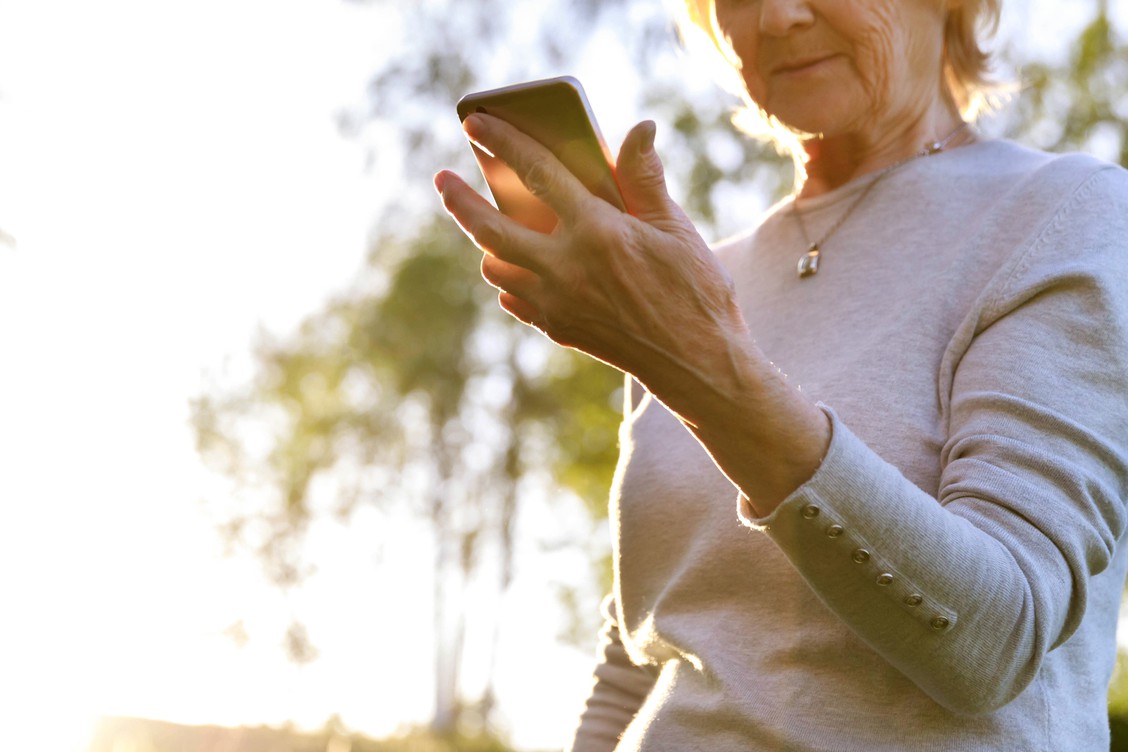
“Before, we were always just guessing at it,” McLean says, “and now we know that we can check it out.”
The remote monitoring device has also made it easier on the family by reducing the number of appointments McLean-Nethercott has to attend. It’s a 45-minute trip from St. Mary’s to London where the pacemaker clinic is located.
Concerns about COVID-19 have made many patients cautious about coming into the pacemaker clinic, Manlucu says.
“The family is quite pleased with their ability to get their mother looked after without having to come into hospital in the context of a pandemic,” Manlucu says.
Having the remote monitoring pacemaker has allowed McLean-Nethercott more time to do the things she loves, like tending her flower gardens, talking to family on the phone, and organizing her photo albums.
“As your parents get a little bit older, or when you have more health issues, then you’re looking for ways to keep everybody safe and, and still [have] a good quality of life,” McLean says.
“So this device, I think it’s great,” she says. “We’re very happy about it.”
This story was created by Content Works, Healthing’s commercial content division, on behalf of Medtronic.
